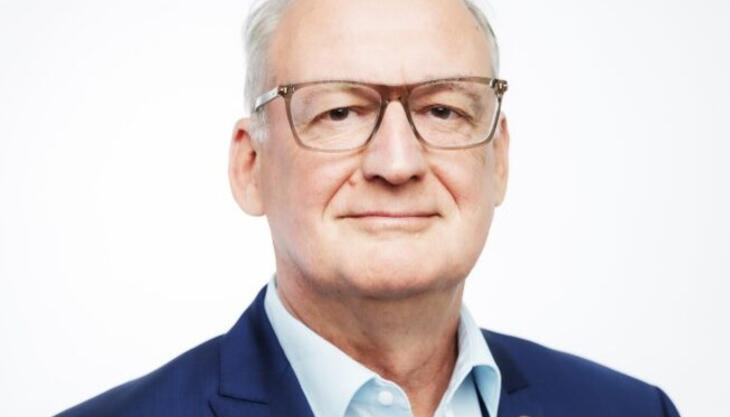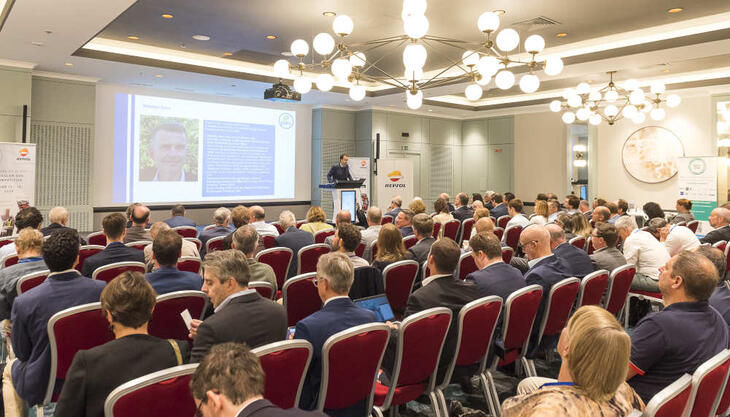The situation of flexible polyurethane improves, but raw material prices remain high

The supply situation improves for European flexible slabstock polyurethane foams even if prices of raw materials remain historically high. This was reported by the European association Europur, representing the producers of these semi-finished products, according to which, even though gas prices in Europe have receded compared to the summer, they remain historically high and volatile, creating difficulties for the entire chemicals industry, in which gas is used both as a raw material and as a source of energy. As reported by Cefic, the European chemical industry council, in October 2022 for the first time ever Europe imported more chemicals than it exported, and the industry at large is at “a breaking point". Major German raw materials suppliers, also active in the polyurethane supply chain, have warned that the situation may prompt them to adapt their European strategies in the short term.
Being strongly dependent on the supply of chemical raw materials, the above means the situation was precarious over the autumn for the flexible polyurethane foam industry. Especially since this was combined with the additional difficulty that the three European sites producing TDI (Toluene Diisocyanate) - one of the main chemicals used to make foam blocks - halted production for various reasons. While two have in the meantime restarted production, one of them remains under force majeure. All suppliers did their utmost to stabilize supply, notably by using their global networks to import TDI from Asia and the USA, but such extensive rotations of ships require time to be put in place.
In parallel, demand for foam is reported to have decreased due to reduced demand, mostly from the upholstered furniture and bedding markets, as Europeans divert their spending to other items. As a result of the declining demand and of the restart of European production/stable imports of chemicals, foam shortages have largely receded during November. Prices of chemical raw materials have also started to stabilise. However, with continued high gas prices, they remain historically.
According to Europur, the evolution of the situation for the future remains quite uncertain, as the flexible polyurethane foam supply chain can be influenced positively or negatively by any of these factors: gas prices in Europe and operational cost of the chemical industry/anticipated uncertainty on stability of gas supply in Europe over much of 2023; the evolution of the pandemic in Asia and particularly China, which can influence price of chemical raw materials at global level and possibility for exports to Europe; evolution of demand in Europe for foam-containing products, especially mattresses and furniture.


















